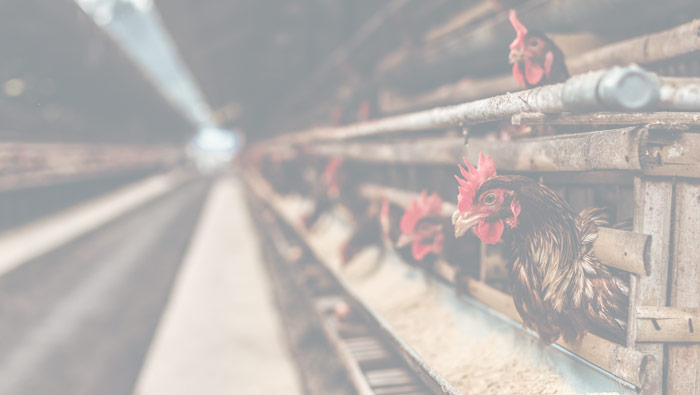Preventive Controls for Animal Food/Feed is a requirement for all manufacturers of animal food/feeds. EAS expert, Jerry Poley, who assists clients with food safety audits including requirements for HACCP, FAMI QS, FPA Safe, PAACO (Professional Animal Auditor Certification Organization) as well as evaluation of nutrition, composition, safety, quality, regulatory issues and training programs explains:
Poley: The Preventive Controls for Animal Food (PCAF) regulation is found in Title 21 of the Code of Federal Regulations part 507 (21 CFR part 507). The PCAF regulation applies to all facilities that manufacture, process, pack or hold animal food for consumption in the United States (21 CFR 507.5(a)). Enforcement dates have passed so all animal food companies need to be in compliance with the PCAF Rule, although so far, FDA has not taken a strong enforcement stance against any company producing an animal food unless there was evidence the food caused an illness in the animal consuming it or to the human animal owner, i.e. imported processed pig ears for dogs. All animal food manufacturing facilities, foreign or domestic must be registered with FDA and for foreign manufacturing facilities, have a “US Agent” (a service which EAS provides). This is different than the US Agent used for US Customs and Border Protection.
Animal food is defined in Title 21 of the Code of Federal Regulations (21 CFR 507.3) as food for animals other than man and includes pet food, animal feed, raw materials and ingredients. Hummingbird food, for example, is one area of confusion for the animal food industry because it is primarily sugar in water. However, hummingbird food is considered animal food and is regulated as such. Therefore, if it is intended for consumption by animals in the US, it would be subject to the PCAF regulation.
In addition to the PCAF regulation, the US importer of any animal food would be subject to the requirements of the Foreign Supplier Verification Program (FSVP) regulation, which requires that there be an FSVP “Importer’s Office”, geographically located in the US and a written animal food safety and risk assessment program is developed and available at the FSVP Importer’s Office for review and inspection by FDA.
Depending on certain factors regarding the Canadian manufacturing facility, such as size and if the facility is a personal residence, different registration and regulations will apply.
For more PCAF information see FDA’s fact sheet. For more information on EAS capabilities in foods click here. Companies importing animal or human foods into the US may wish to view our complimentary on-demand regulatory webinars, including topics such as requirements for a Qualified Individual, the role of a US Agent, FSVP requirements (offered both in English and Spanish) and more. View our on-demand webinars page here.
Posted in Did You Know, Foods and tagged Jerry Poley.
